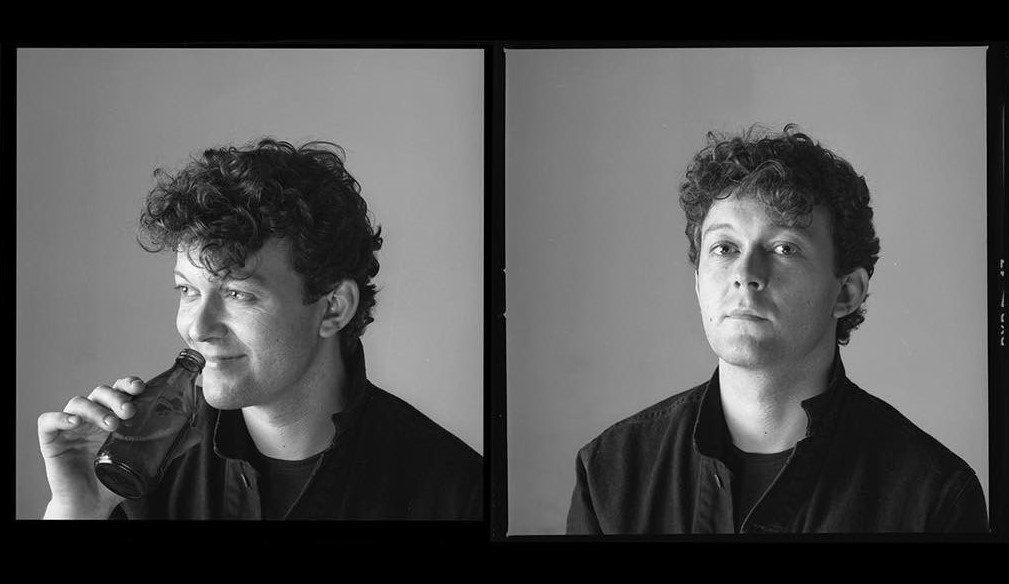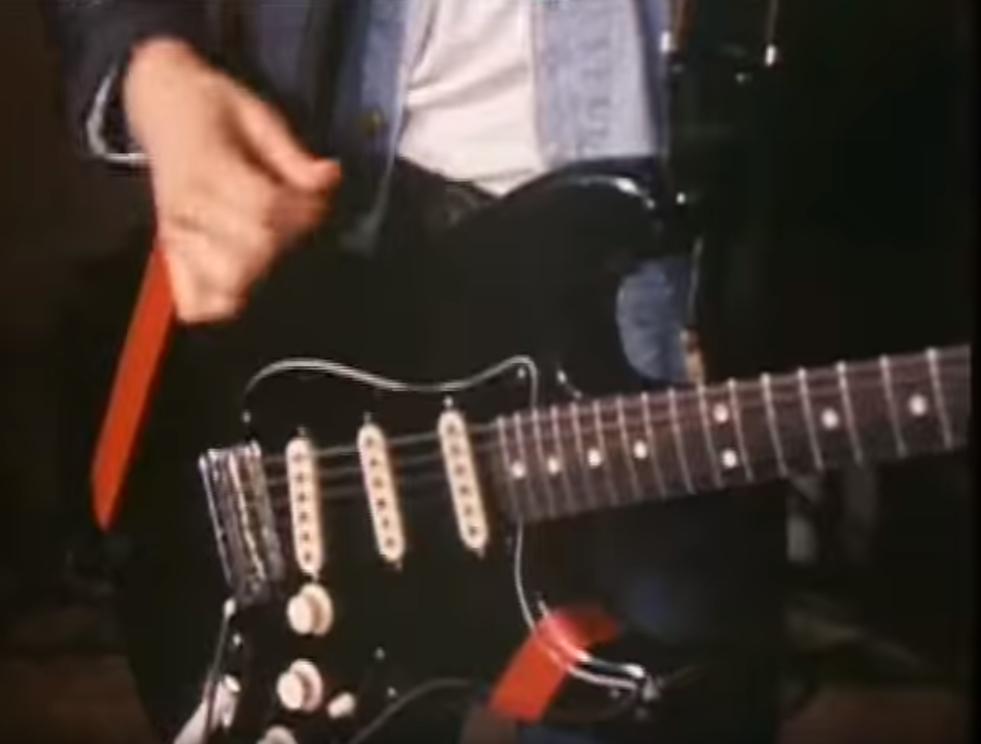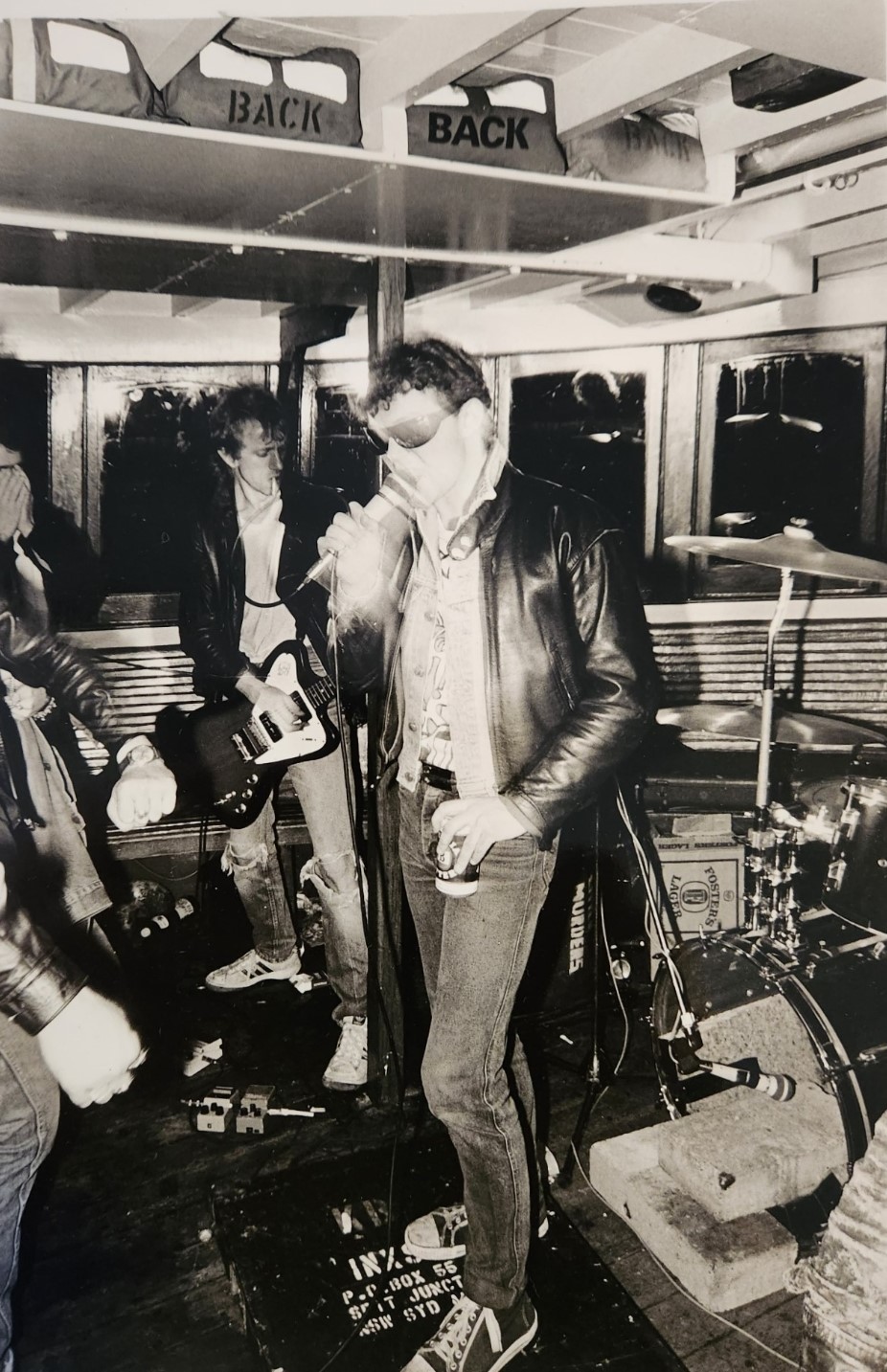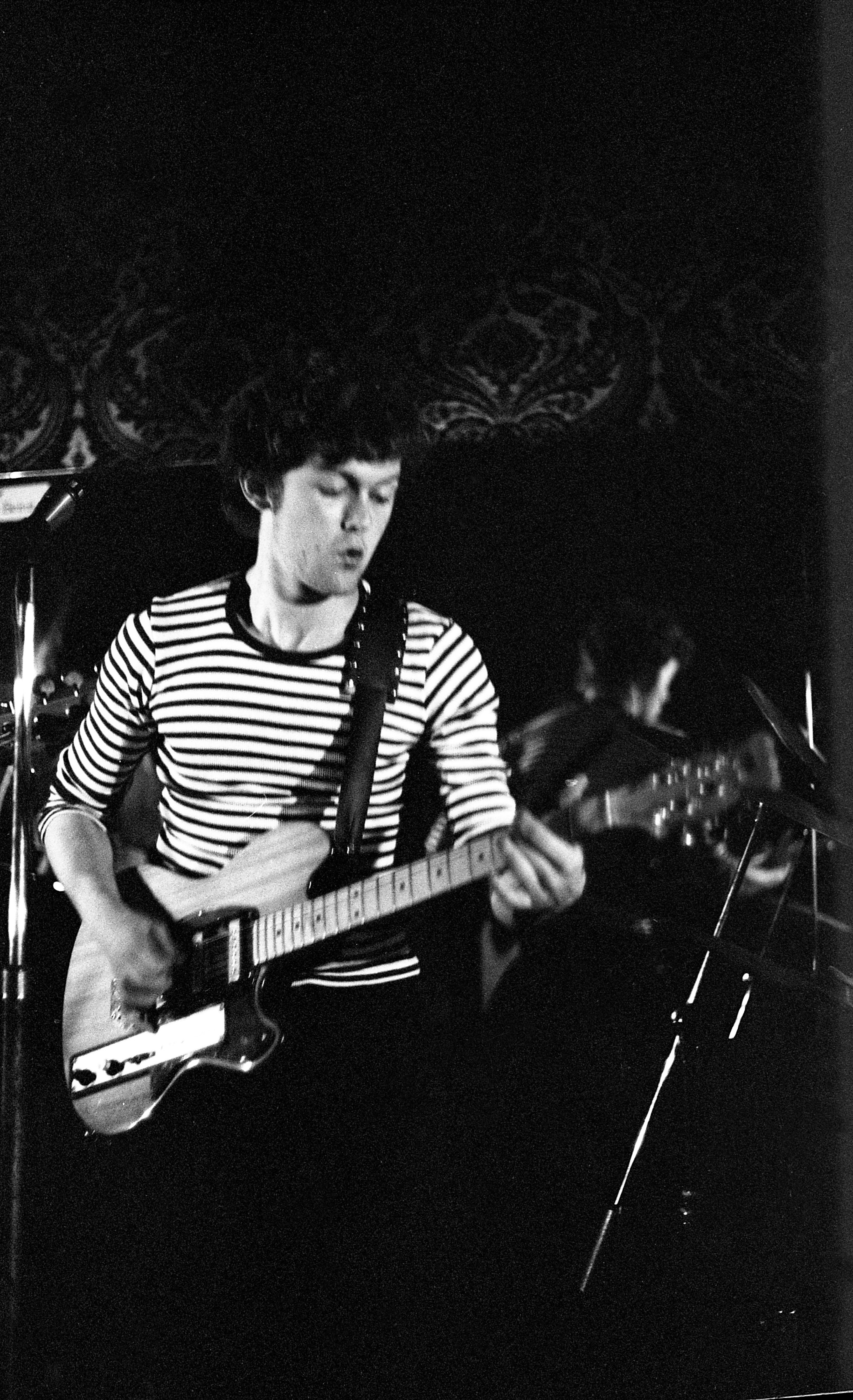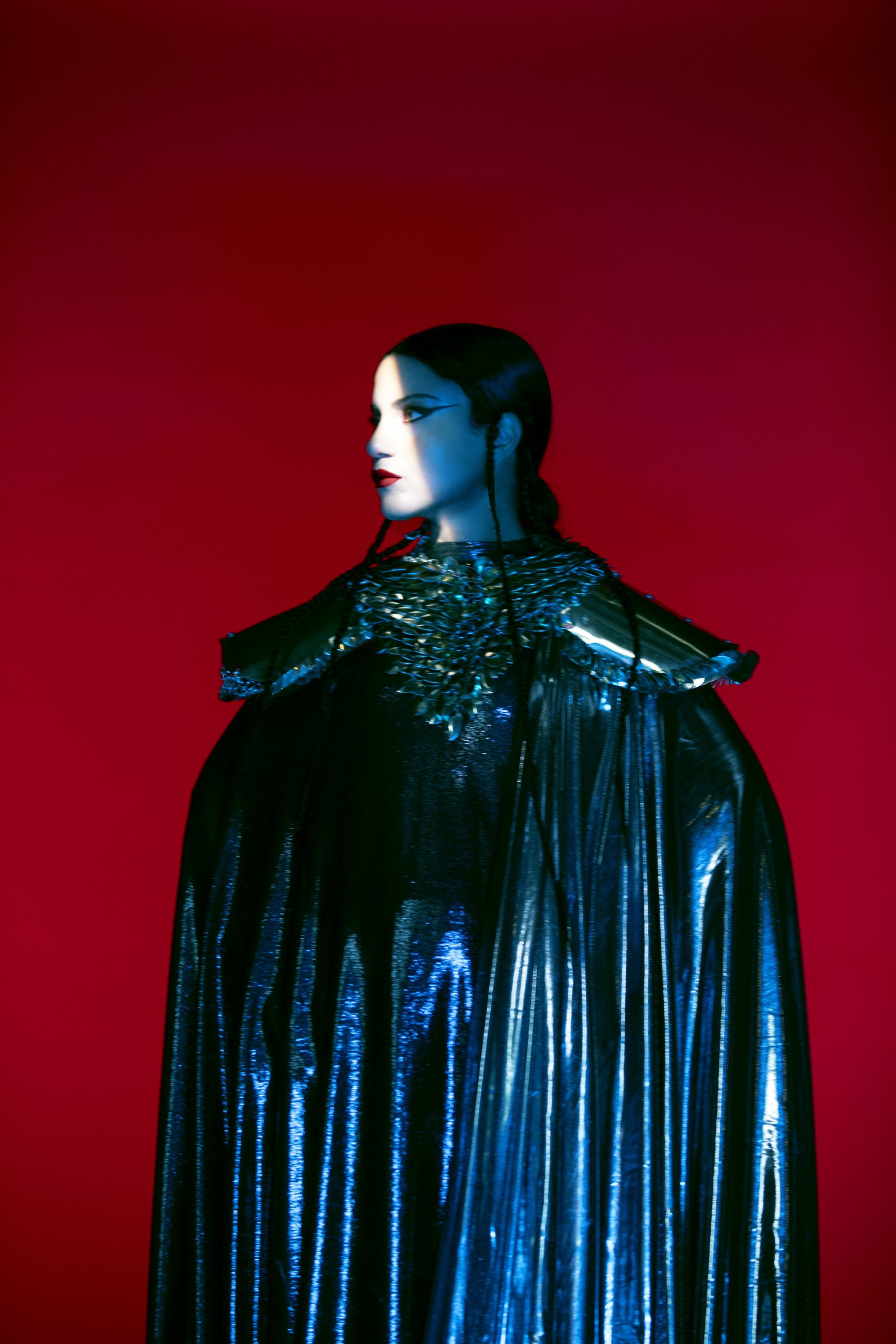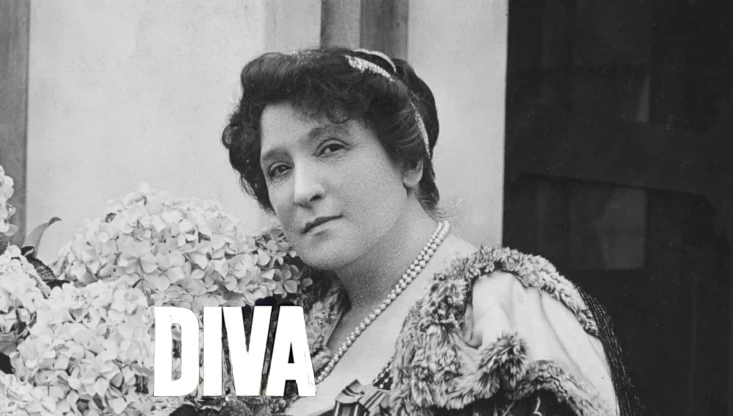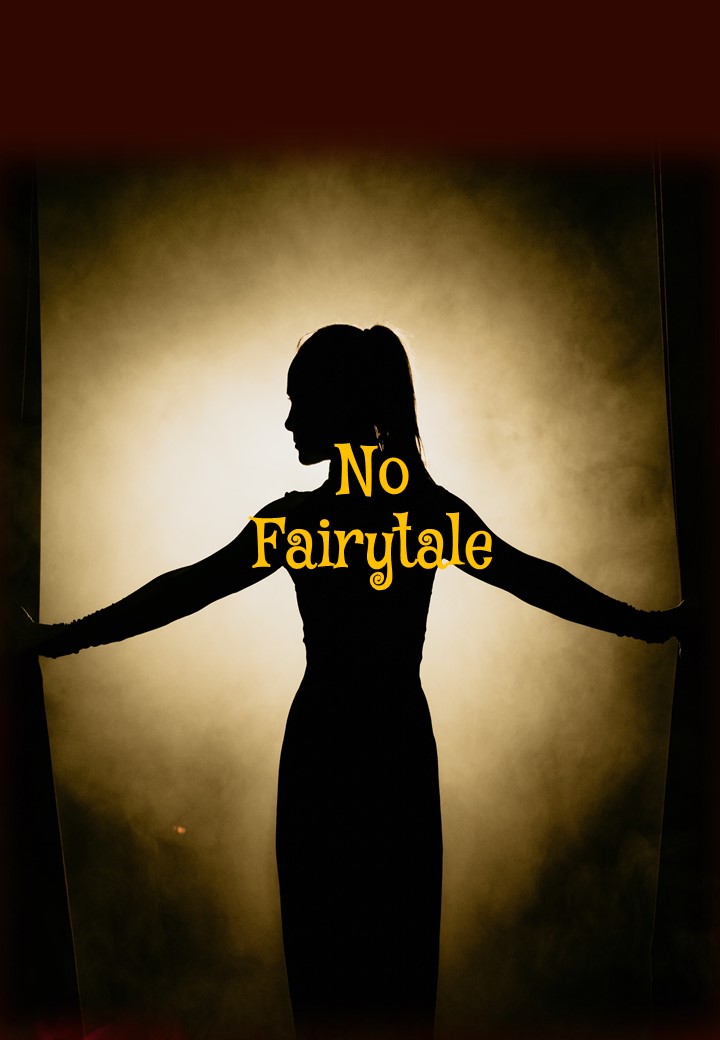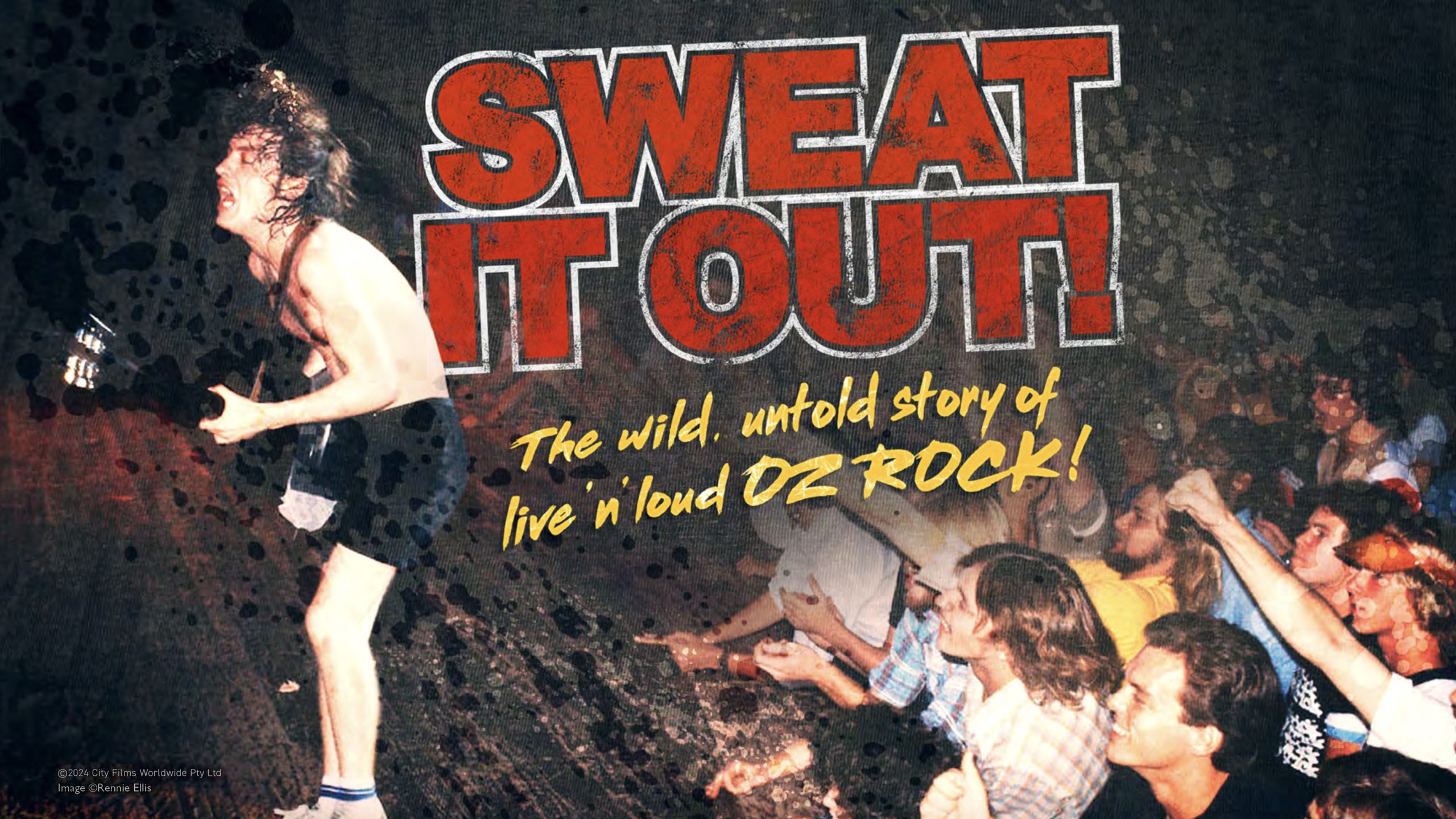Synopsis
Steve Connolly played lead guitar on some of the most memorable tracks of the eighties as part of Paul Kelly’s band, The Coloured Girls (later renamed The Messengers). Those riffs from ‘To Her Door’, ‘Leaps and Bounds’ and ‘Before Too Long’ are Steve’s. You’ve been humming them for decades. His sound was as crucial to the tracks as Kelly’s poetic lyrics. Steve’s blossoming talent was cut short at the ‘too young’ age of 36. Passing away suddenly in May of 1995 he was not given the chance to show what he could achieve. As time goes by Steve’s tracks and production are being re-recorded. Other guitarists now play his signature lead breaks but never with that same touch. Those original breaks still have an ear-worm quality that rings true today however and Steve’s legacy should be recognised. His guitar reminds us there is beauty in simplicity, in saying more with less. This film seeks to flesh out the man who created that melodic, singable guitar sound which has stood the test of time. Steve was opinionated, he was generous, he was quiet, charismatic, intelligent, stubborn and kind. Quite the enigma but one who defiantly strode his own path. He should be remembered for his part in bringing First Nations musical voices to a mainstream audience and as someone who created a guitar sound that will live forever in those emotive, strategically placed riffs.
Go check out the photographic images courtesy of Stuart Spence, Lawrence Markham, Liz Reed, and Tony Mott in the image gallery below.
Story
Steve Connolly was born into a family of vaudevillians, leftists and writers. He lived fast and loose with a ‘stick it to the man’ vibe. His schooling at Brinsley Road Free School encouraged the pupils “not to colour in, but to colour out.’ The lack of structure allowed free expression and unconventional thinking to thrive. Steve formed many teenage bands but the garage rock of Cuban Heels and The Zimmermen had some success. He struck up a friendship with Spencer P Jones which was to last all his life. Steve made the big move to Sydney in 1984 where he joined Paul Kelly and friend Michael Barclay to record the album ‘Post’. Steve and Paul were then dispatched to Townsville to complete a 6 week residency at the International Hotel. Townsville was a “Beatles in Hamburg” moment for the two new musical partners who bonded over playing covers and songs from Post to tourists in the lounge bar. Returning to Sydney with a bass player (Jon Schofield – who was a guitarist originally) The Coloured Girls (later renamed The Messengers) were born. Keyboardist Peter Bull completed this tight knit unit which toured the world for the next seven years producing five successful albums. Steve’s self-taught guitar style snakes around the melody, embellishing delicately and his use of harmonic’s and feedback serve the emotion of the song. 1990 and 1991 were busy years. Steve jumped between Sydney and Melbourne producing both Kaarin Fairfax and Kev Carmody’s albums before co-producing Archie Roach’s ‘Charcoal Lane’. The Coloured Girls backed Michelle Shocked on tour and he would later go on to also produce Sherry Rich and The Grievous Angels. Never one to stand still Steve’s guitar was put to good use in a variety of other bands and he took lead vocals in The Joey’s – a Ramones cover band. Trying to pick himself up after The Messengers folded he built The Irish/folk of The Troubles and recorded a demo with Steve Lucas (of X). But by 1994 Steve’s long neglected health began failing. He had started up his own band, The Usual Suspects and had recorded tracks for a solo album that would relaunch his career. Though the instruments were recorded, Steve had only laid down his guide vocals before falling seriously ill. An infection and cardiac issues combined and after a short stay in hospital he passed away from a bacterial infection of the heart. His last album was posthumously released. A paving stone lies at Windy Hill in his honour (original home ground of the Essendon Bombers), carved with the words; ‘and his heart was beating like a low down guitar’ (a quote from Paul Kelly’s song To Her Door and Steve’s best known riff). This film is a celebration of Steve’s incredible life and musical work.
Thank you to those who have agreed to be interviewed.
Production Stage
- Development
- Production
- Post-production
- Completed
- Outreach
DURATION: 98 MINUTES
Issue area
CONTACT FILM TEAM
